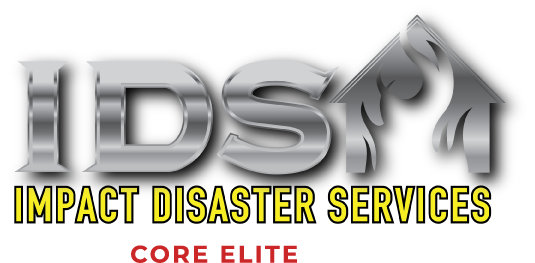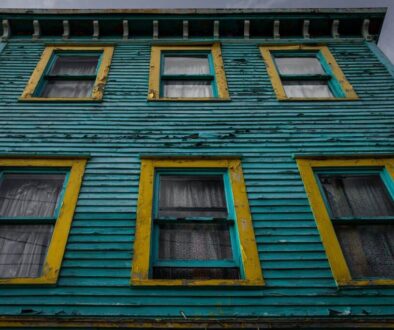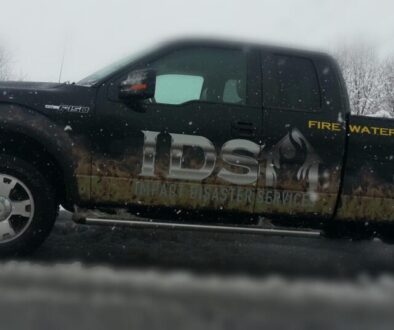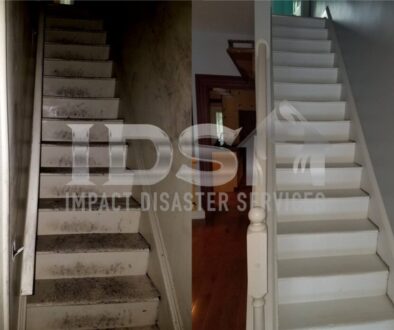Does Home Insurance Cover Mold Damage in Pennsylvania?
Understanding Mold Damage in Homes
Mold in homes can be a big worry, especially in Pennsylvania. Mold is a kind of fungus that grows in damp and wet places. If your house gets too wet, like after heavy rain or a leak, mold can start to grow. It can grow on walls, under floors, or in basements. Mold isn’t just ugly; it can also harm your house and make the air unhealthy.
Mold damages things like wood and drywall in your home. It can make these materials weak and even ruin them. If you have mold in your house, it can also make things smell musty and unpleasant. Besides, mold can be bad for people’s health, causing allergies and breathing problems, especially for kids and older people.
In Pennsylvania, where it rains a lot and can be humid, mold is something many people worry about. It’s important to keep your home dry and clean to stop mold from growing. If you find mold in your home, it’s a good idea to deal with it quickly to prevent more damage.
Basics of Homeowners Insurance Coverage
Homeowners insurance is something that helps protect your house when bad things happen. It’s there to help pay for damages from unexpected events. These can be things like fires, storms, or even if someone breaks into your house. But when it comes to mold, insurance can get a bit complicated.
Most homeowners insurance policies cover damages that happen suddenly and accidentally. This means if mold grows because of something like a burst pipe or a storm damaging your roof, your insurance might help pay to fix it. But, if mold grows slowly over time because of dampness or leaks that weren’t fixed, your insurance might not cover it.
It’s really important to know what your insurance covers and what it doesn’t. This can help you understand if your insurance will help with mold damage. Every insurance policy is different, so it’s a good idea to talk to your insurance company to know exactly what they cover.
When Does Home Insurance Cover Mold Damage?
Sometimes, your home insurance will help pay for mold damage. This usually happens when the mold is caused by something your insurance covers. For example, if a big storm breaks a window and rain gets in, causing mold, your insurance might cover the costs to fix the mold damage. This is because the storm damage is covered.
If you have a sudden accident at home, like a pipe bursting and water floods a room, this can also lead to mold. In many cases, your insurance will help pay for the repairs, including getting rid of the mold. This is because the pipe burst is an accident and the insurance covers such accidents.
But, it’s not always simple. Each insurance policy is different. Some policies have specific rules about mold. It’s good to know these rules so you understand when your insurance will help with mold. If you’re not sure, you can ask your insurance company to explain when they cover mold damage.
Scenarios Where Mold Damage Might Not Be Covered
There are times when your home insurance might not cover mold damage. This mostly happens when the mold grows slowly over time. If mold grows because of a small leak that you didn’t fix for a long time, your insurance might not pay for the repairs. This is because the insurance expects you to take care of small problems before they get big.
Another situation is if your house gets damp and moldy because of how it’s built or where it is. If your house doesn’t have good air flow and gets moldy, the insurance might not cover it. This is because the problem is with the house itself, not an accident or sudden damage.
Lastly, if you leave your house empty for a long time and mold grows, your insurance might not help. When a house is empty, problems like leaks or dampness can get worse, and the insurance might say it’s your responsibility to keep the house safe, even when you’re not there.
Understanding the Fine Print of Your Home Insurance Policy
Reading and understanding the fine print in your home insurance policy is really important. This fine print has all the details about what is covered and what’s not. For example, it tells you about mold damage. Some policies have specific conditions under which they cover mold. They might only cover mold damage if it’s caused by certain events, like a natural disaster.
It’s also important to look at the limits of your coverage. This means seeing how much money the insurance will pay for mold damage. Some policies have a cap, a maximum amount they will pay. Knowing this helps you understand how much you might need to pay yourself if you have mold damage.
If you find the insurance terms confusing, it’s a good idea to talk to your insurance agent. They can explain things in simpler words. This way, you can make sure you really understand your coverage, especially for things like mold damage in your Pennsylvania home.
Adding Mold Coverage to Your Insurance Policy
If your current home insurance doesn’t cover mold, or doesn’t cover it enough, you might think about adding extra mold coverage. This is something you can do to feel more secure. Adding mold coverage means you might pay more for your insurance, but it can also mean you’ll get more help if you ever have mold damage.
To add mold coverage, you should talk to your insurance company. They can tell you how much it will cost and exactly what it will cover. Some companies have different options for mold coverage, so you can choose the one that fits your needs and budget.
Remember, in places like Pennsylvania, where mold can be a common problem due to the weather, having extra mold coverage might be a good idea. It can give you peace of mind, knowing that you’re covered if mold ever becomes a problem in your home.
The Costs of Mold Remediation vs. Insurance Coverage
Mold remediation, which means fixing mold damage, can be costly. The price depends on how much mold there is and where it’s growing. Getting rid of mold from a large area or from places like inside walls can cost a lot. This is why knowing if your insurance covers mold is so important.
When your insurance does cover mold, it can really help with these costs. But, remember, most insurance policies have a limit on how much they’ll pay. This means if the mold damage is really expensive to fix, you might have to pay some of the costs yourself. That’s why knowing the details of your coverage is key.
If your insurance doesn’t cover mold, or not enough, you’ll need to pay for the remediation yourself. This can be a big expense, but fixing mold quickly is important to keep your home safe and healthy. Sometimes, spending the money now can save you from even bigger problems later.
How to File a Mold Damage Claim with Your Insurance
If you need to file a claim with your insurance for mold damage, there are some steps to follow. First, as soon as you find the mold, call your insurance company. They’ll tell you what to do next. It’s a good idea to take pictures of the mold and where it is in your house. This can help show the insurance company what happened.
Your insurance company might ask you to fill out some forms to start your claim. They will probably send an inspector to look at the mold damage. This person checks the damage and decides if your insurance will cover it. Be sure to show them all the places where there’s mold.
It’s important to follow all the steps your insurance company tells you and to provide them with any information they need. This can make the process of getting help for mold damage go smoother. Remember, the sooner you start your claim, the sooner you can get help to fix the mold damage in your home.
Tips to Prevent Mold Damage in Pennsylvania Homes
Preventing mold from growing in your Pennsylvania home is very important. Since mold loves moistu re, the key is to keep your home dry. Here are some tips to help:
First, always fix leaks right away. Whether it’s a dripping faucet or a leaky roof, getting it fixed quickly stops water from building up. Make sure your home has good air flow. This means using fans or opening windows to let air move around, especially in places like the bathroom or kitchen where it gets steamy.
Using a dehumidifier can also help, especially in damp places like basements. It takes extra moisture out of the air, making it harder for mold to grow. Cleaning your home regularly is important too. Wiping down surfaces in the bathroom and kitchen stops mold from getting a chance to start.
Lastly, after something like a big storm or a flood, check your home for water damage. If you find any wet spots, dry them as fast as you can. This can stop mold before it even starts.
By following these tips, you can help keep your home in Pennsylvania mold-free. Remember, a little bit of regular care can save you from big problems with mold later.




